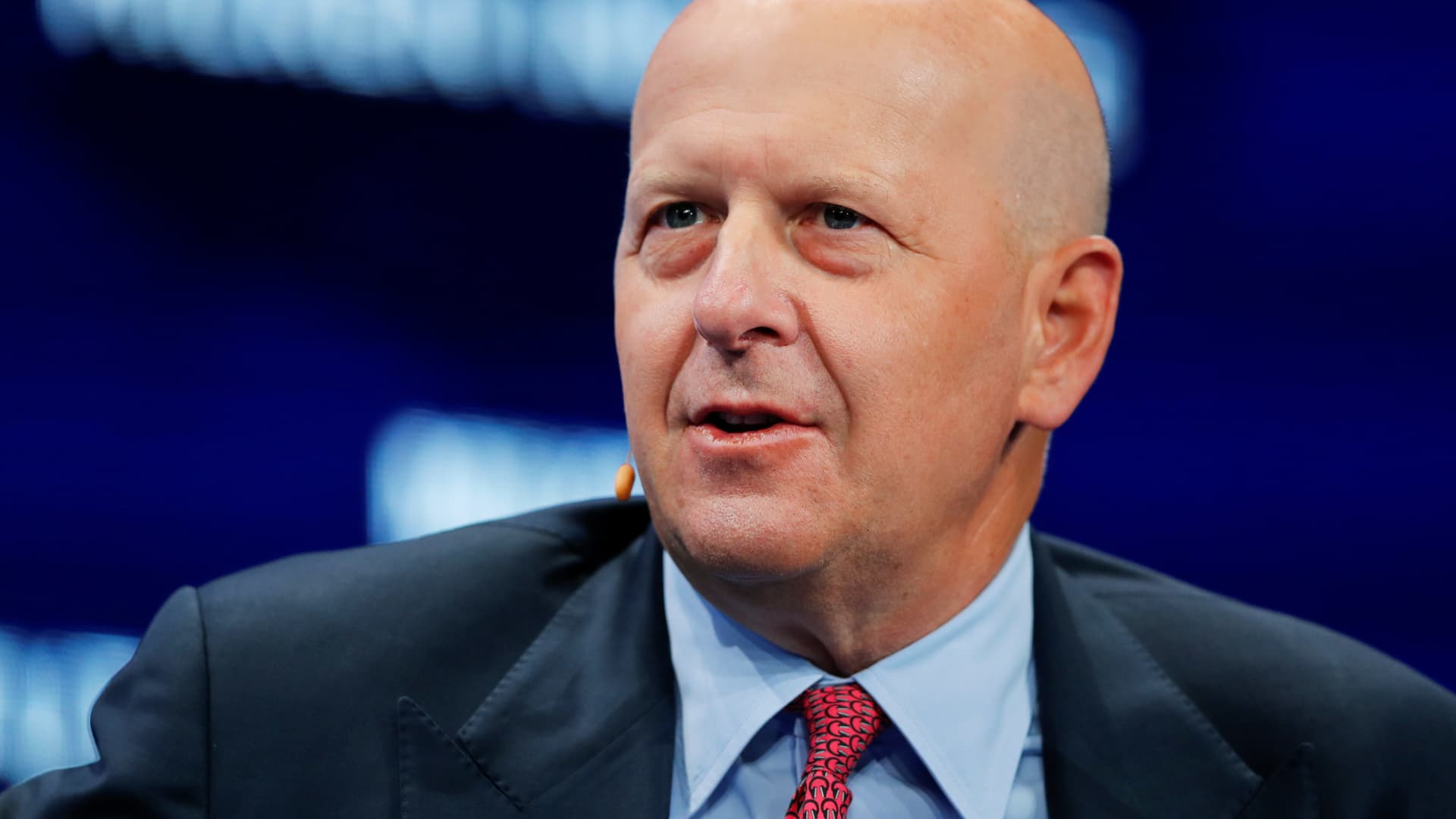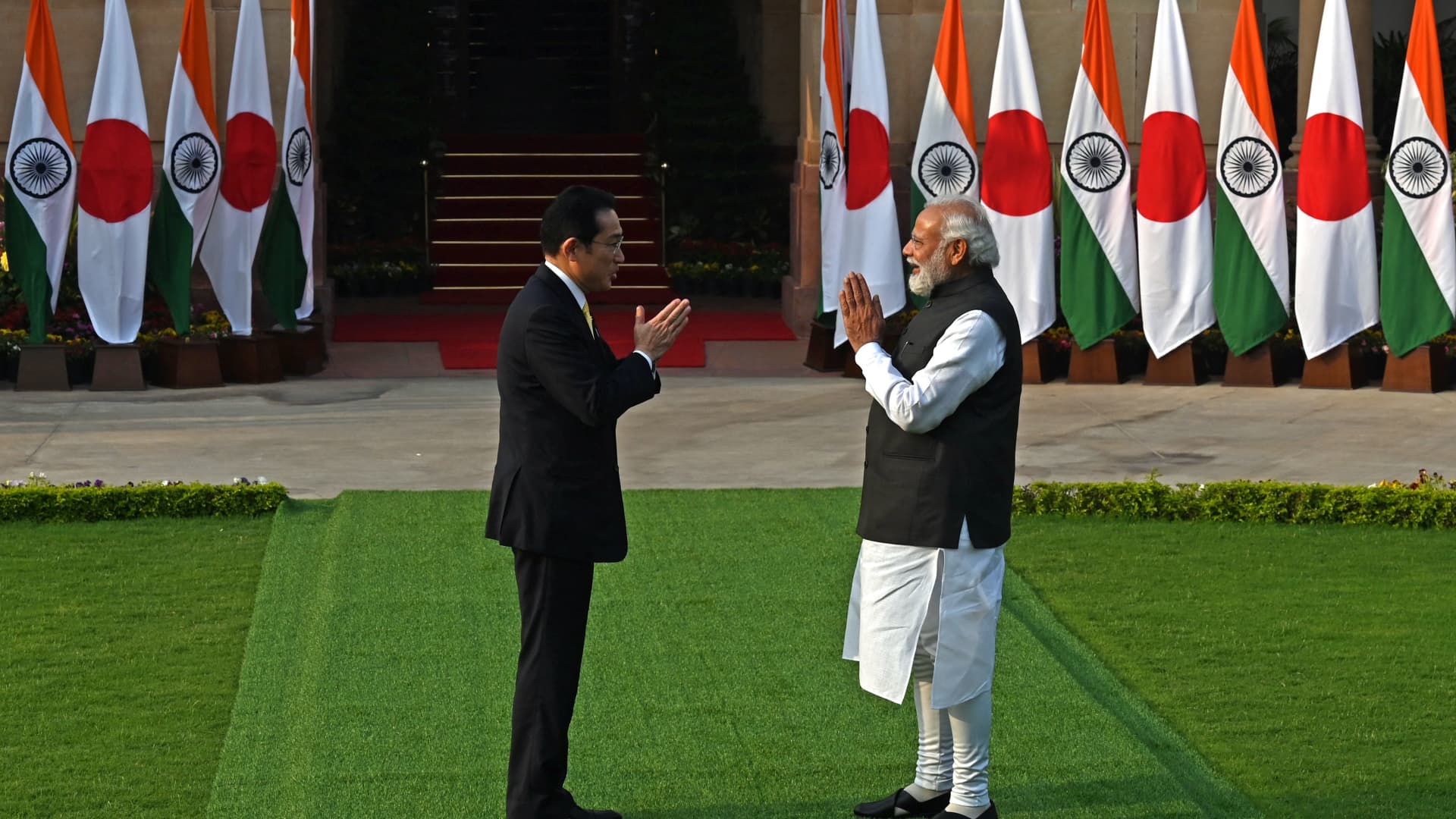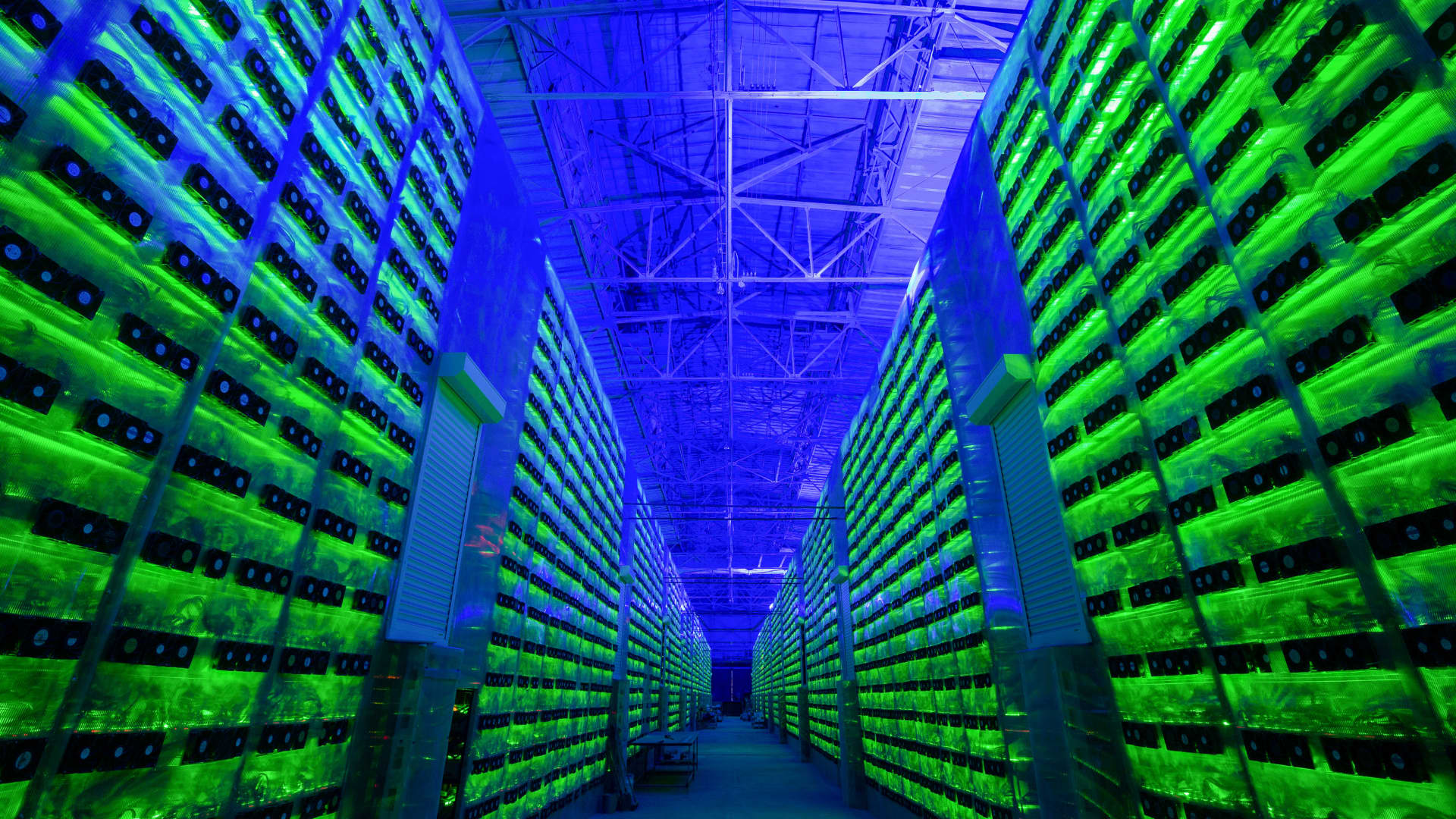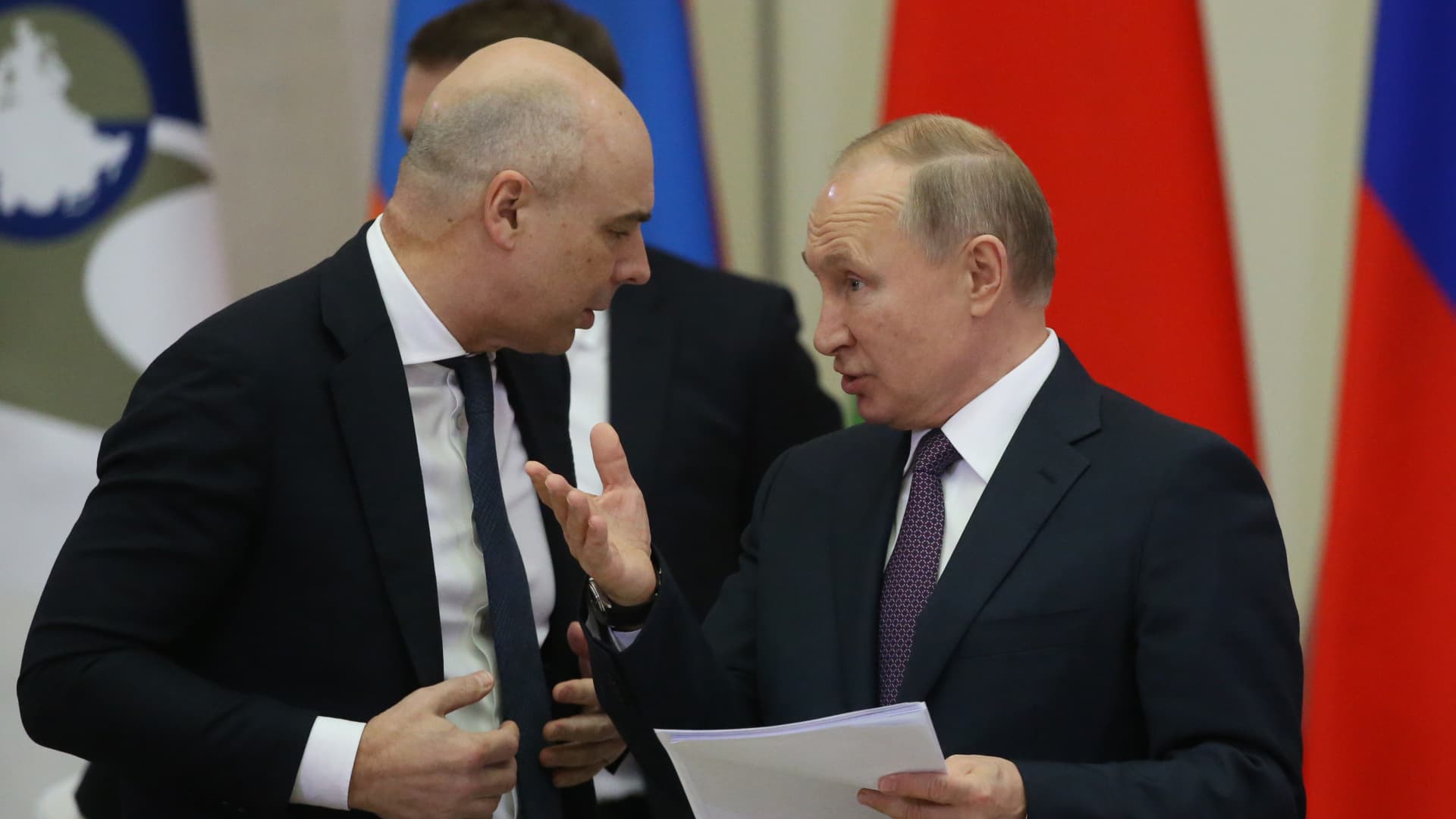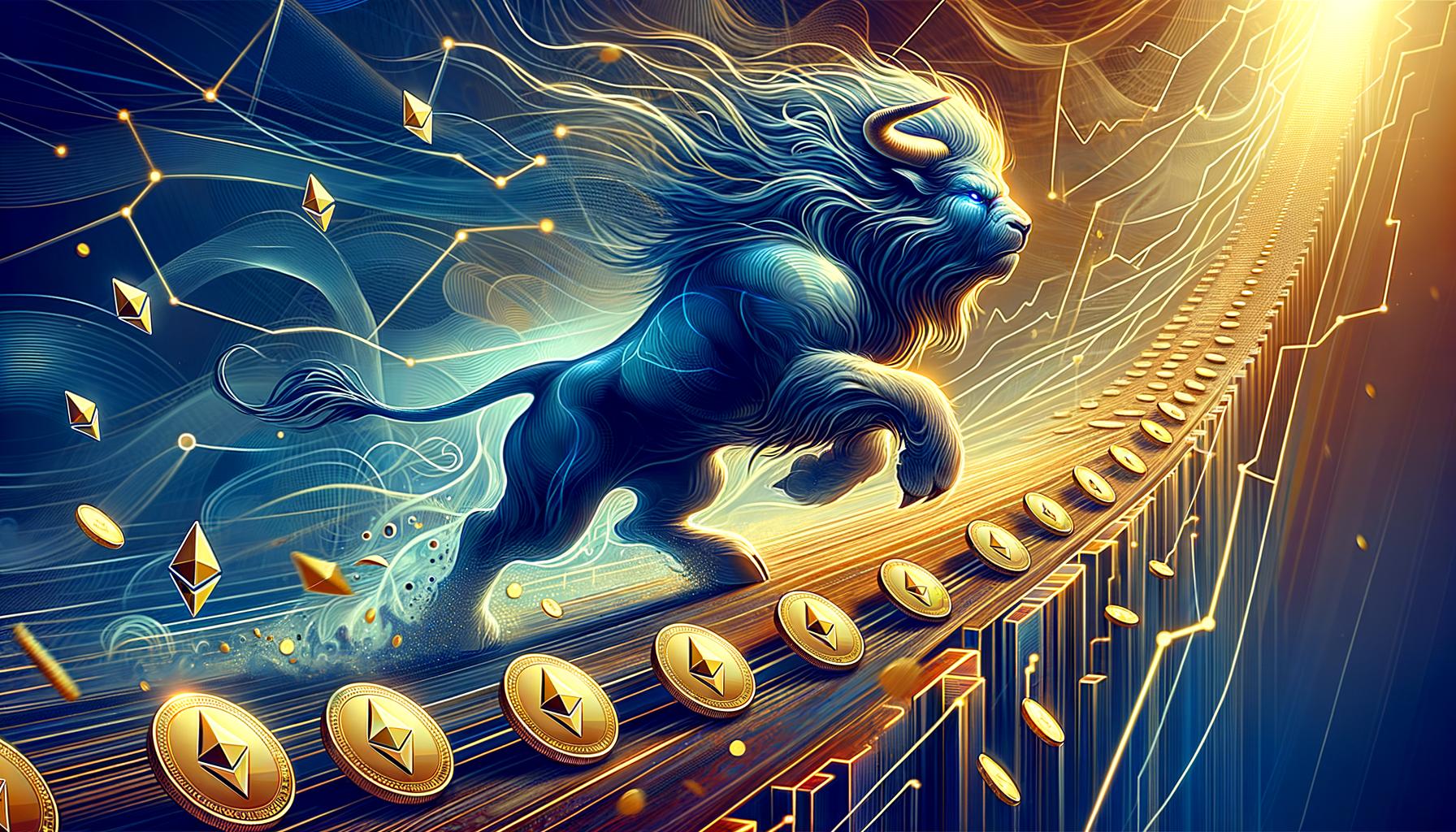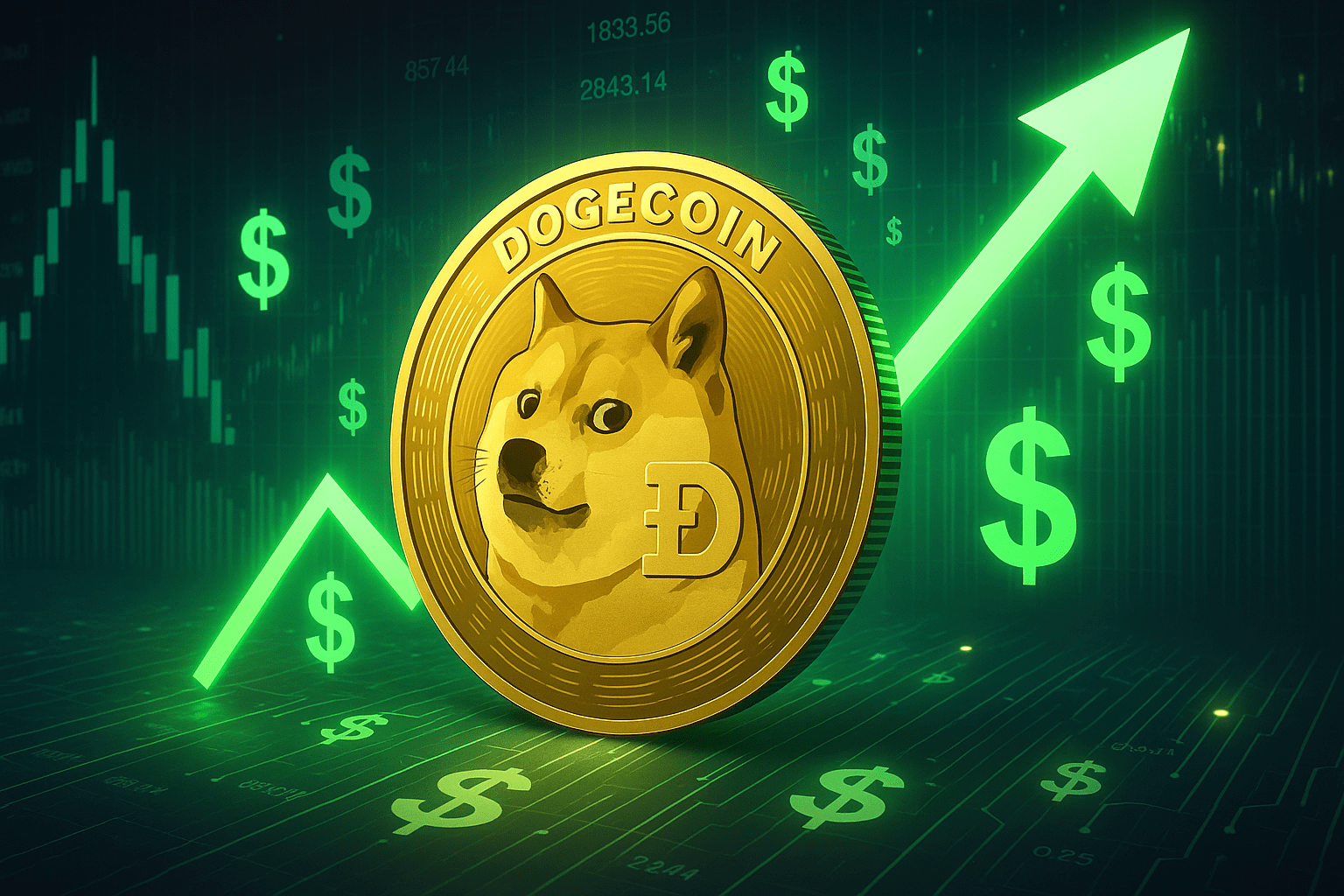Turkey's Erdogan touts 'special relationship' with Putin, stands by his refusal to impose sanctions
The powerful Turkish leader's closeness to Putin, despite its membership in NATO, has made many Western leaders and diplomats nervous.
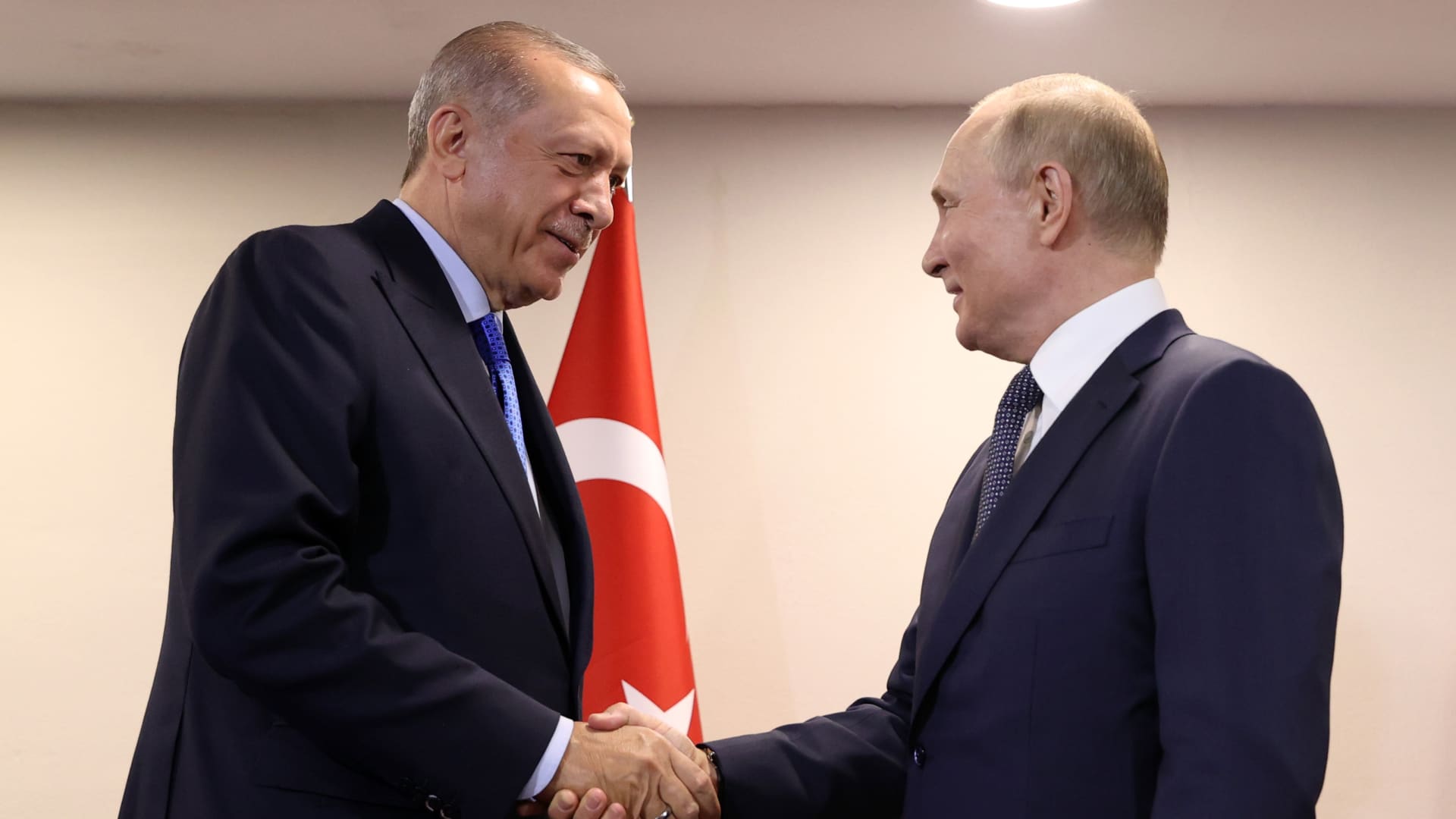
Russian President Vladimir Putin is expected to meet Turkey's President Recep Tayyip Erdogan on Thursday.
Anadolu Agency | Anadolu Agency | Getty Images
Turkish President Recep Tayyip Erdogan touted his country's "special relationship" with Russian leader Vladimir Putin, speaking to CNN during an interview broadcast Friday.
"We are not at a point where we would impose sanctions on Russia like the West have done. We are not bound by the West's sanctions," Erdogan told the network. "We are a strong state and we have a positive relationship with Russia."
"Russia and Turkey need each other in every field possible," Erdogan said.
He added that the U.N. and Turkey-brokered Black Sea Grain Corridor Initiative, in which he played a key role helping to unlock crucial Ukrainian grain exports blocked by Russia's invasion, "was possible because of our special relationship with President Putin."
"The West is not leading a very balanced approach. You need a balanced approach towards a country such as Russia, which would have been a much more fortunate approach," he said.
The powerful Turkish leader's closeness to Putin, despite its membership in NATO, has made many Western leaders and diplomats nervous.
The comments came ahead of Turkey's runoff presidential election vote, the second round in a highly-charged and tense race being held on May 28 because neither Erdogan nor his rival Kemal Kilicdaroglu won more than 50% of the vote in the first round.
Erdogan finished ahead by a few points in the initial vote, and is leaning into his image of a strong nationalist leader that pushes back against Western dominance, despite Turkey being a member of NATO. Kilicdaroglu, meanwhile, has pledged to strengthen Turkey's ties with the West and NATO. Turkey is home to the alliance's second-largest military after the United States, and houses 50 American tactical nuclear warheads.
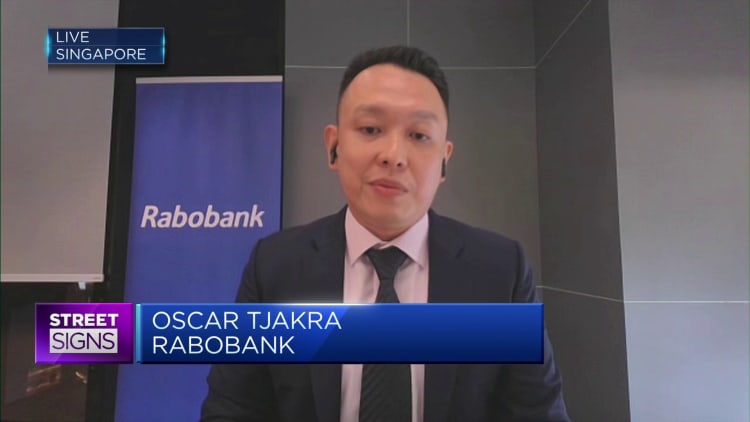
Erdogan has played a mediating role between Ukraine and Russia since the war began, sending aid and weapons to Ukraine and brokering prisoner swaps, but has also significantly expanded its trade ties with Russia.
His decision not to abide by Western calls to sanction Russia has served Turkey's economy well so far; its trade with Russia doubled to $68.19 billion in 2022 from $34.73 billion in 2021, according to the Turkish Statistical Institute. Russian tourists and expatriates, including billionaire oligarchs escaping sanctions, have poured into the country as their options for travel became severely limited.
Earlier in 2023, Putin waived the cost of Russian gas exports to Turkey, a move broadly seen as an effort to help Erdogan's election chances.
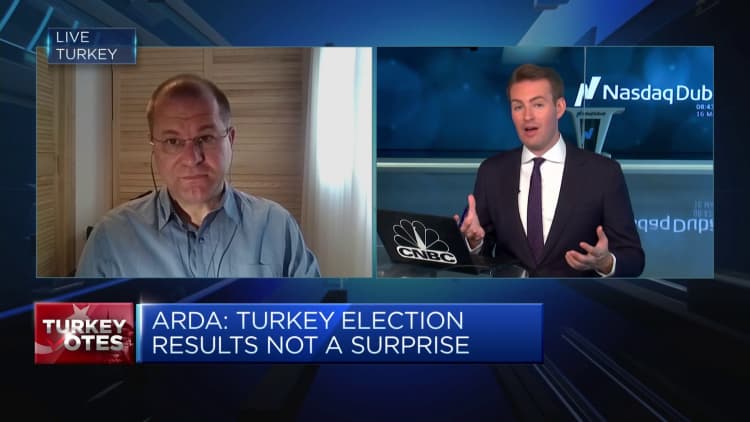
Turkish imports from Russia also nearly doubled last year to $58.85 billion, pushing Russia ahead of China as Turkey's top trading partner. Turkey is now the destination for 7% of Russian exports, up from 2% in 2021.
Erdogan is also accused of stymying NATO's expansion with his refusal to approve the membership of Sweden, which applied to join the bloc in the aftermath of Russia's invasion of Ukraine.
Approving a new country into the alliance requires unanimous approval by its existing members. Turkey accepted Finland's membership in March after much negotiation, but is holding out against Sweden over Ankara's conviction that Stockholm backs terrorist groups that have harmed Turkey. Whether Erdogan will relent on Sweden if he wins the May 28 election is an open question.

 AbJimroe
AbJimroe 







